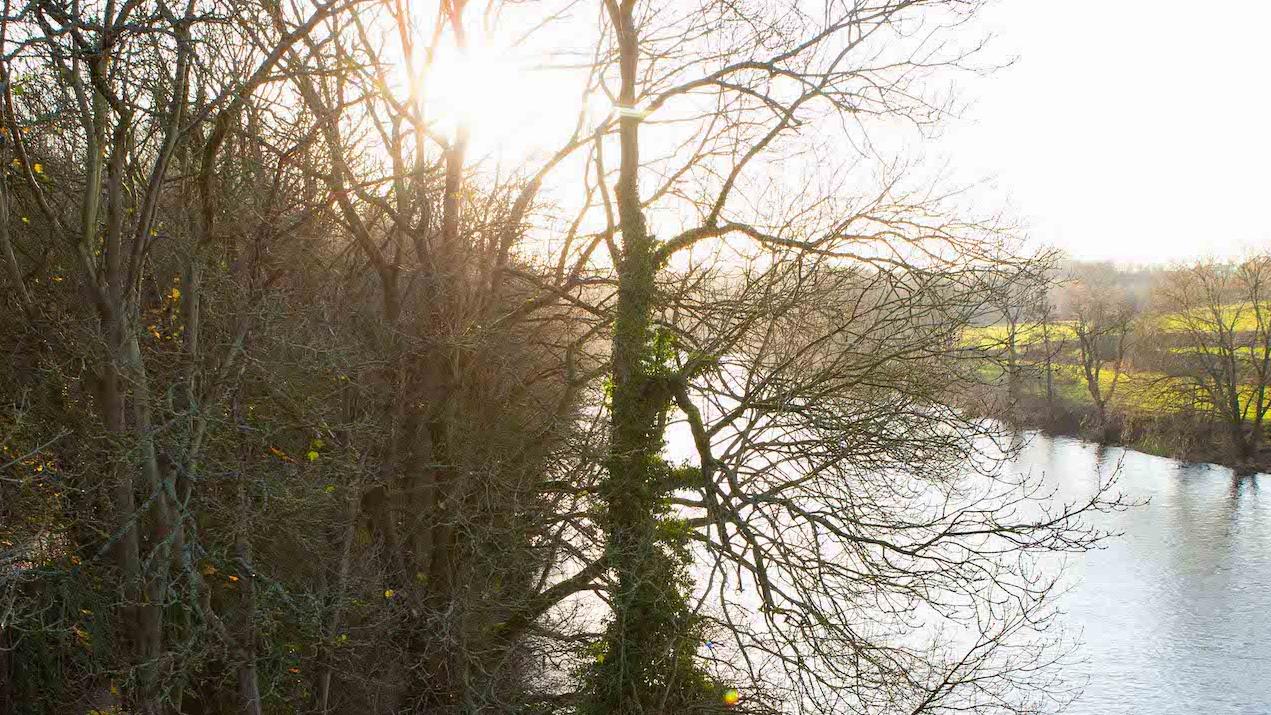
"We have more spiritual healers in the UK than we have GPs" – not a comment on NHS recruitment but evidence of a revival of interest in, or at least less scepticism of witchcraft. Thomas Waters was a cynic himself 15 years ago when he started his research into magic, resulting in a fascinating book, Cursed Britain: A History of Witchcraft and Black Magic in Modern Times. He is still sceptical, he admits, but respects the skill of white and black witches to make people believe in their power.
"In my rational mind there are no such things as spells, but hearing stories rubs off on you so I am not ready to dismiss it," he said.
His book traces the history and practice of magic over two centuries, in cultures across the world. In the heyday of the British Empire, those with a chauvinistic attitude to "the natives" often found themselves strangely affected by the power of witch doctors and their unique rituals [as in the Uncle Jack character returning from Africa in Brian Friel's Dancing at Lughnasa].
A belief in curses and 'the evil eye' was strong in Victorian and Georgian times. Waters related tales of the supernatural that had no explanation and emphasised that many believed magic was nonsense until they experienced a string of difficulties in their relationships or at work, all happening at the same time.
Today, you can order a curse removal bath bomb online – not endorsed by Waters – but in uncertain times, whether in the past or in 2019 – 45 per cent believe in ghosts and 15 per cent in witchcraft today, the supernatural holds a fascination for us.
Explore the full Hay Festival Winter Weekend programme here.